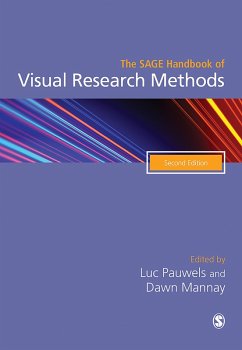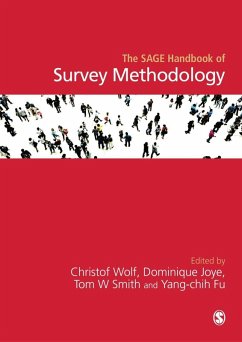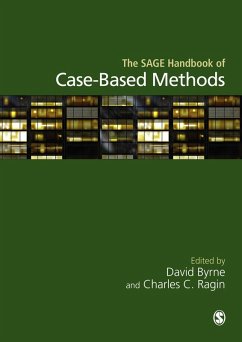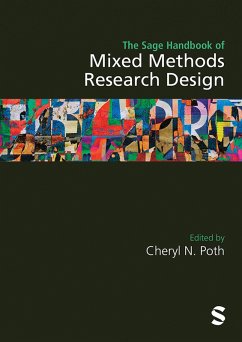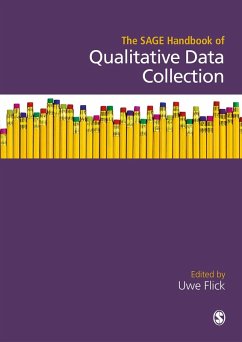
The BERA/SAGE Handbook of Educational Research (eBook, PDF)

PAYBACK Punkte
100 °P sammeln!
Education has continued to grow in stature and significance as an academic discipline. In addition to world renowned research studies the growth of education has been seen in the methodology and methods underpinning its research. The BERA/SAGE Handbook of Educational Research provides a cutting edge account of the research and methodology that is creating new understandings for education research, policy and practice. Over two volumes, the handbook addresses educational research in six essential components: Section 1: Understanding Research Section 2: Planning Research Section 3: Approaches to...
Education has continued to grow in stature and significance as an academic discipline. In addition to world renowned research studies the growth of education has been seen in the methodology and methods underpinning its research. The BERA/SAGE Handbook of Educational Research provides a cutting edge account of the research and methodology that is creating new understandings for education research, policy and practice. Over two volumes, the handbook addresses educational research in six essential components: Section 1: Understanding Research Section 2: Planning Research Section 3: Approaches to Research Section 4: Acquiring Data Section 5: Analysing Data Section 6: Reporting, Disseminating and Evaluating Research Featuring contributions from more than 50 of the biggest names in the international field, The BERA/SAGE Handbook of Educational Research represents a very significant contribution to the development of education.
Dieser Download kann aus rechtlichen Gründen nur mit Rechnungsadresse in A, D ausgeliefert werden.







